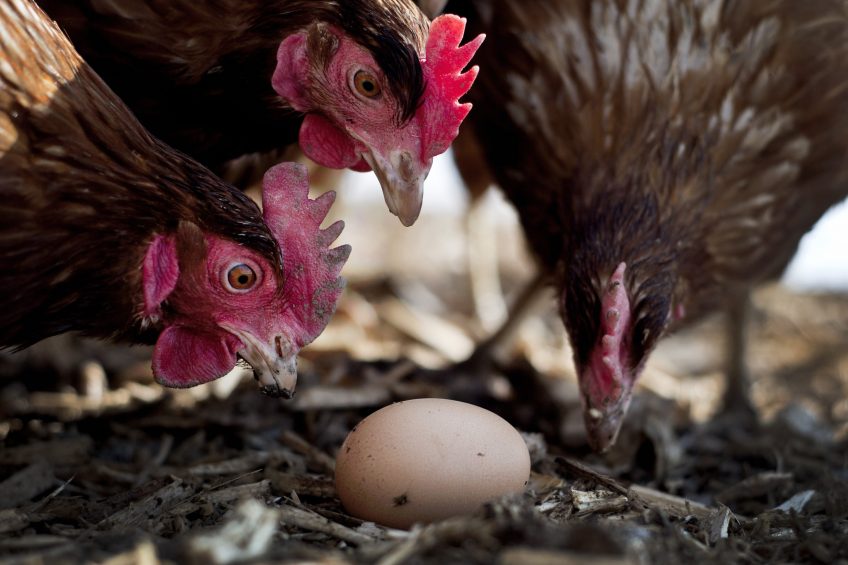Act now to let poultry out after 28 February

Farming unions and the Scottish government have said free-range egg producers hoping to let birds out after 28 February must act now to enhance the biosecurity of their paddocks.
In order to comply with the relaxed housing order, that will allow eggs to continue to be marketed as free-range, farmers will have to take a range of measures to prevent wild bird contact with their poultry flock.
Poultry in high-risk areas must remain housed
In England, farms considered to be in higher-risk areas must keep poultry housed. But those outside these regions, and producers in Scotland and Wales, will be able to release birds.
In an open letter, Scotland’s chief veterinary officer, Sheila Voas, said the decision to allow birds to range followed consultation with the country’s ‘vital’ poultry industry and retailers.
Ms Voas suggested continuing to house birds beyond 28 February would be the “easiest” way to protect birds from AI – but farmers who did so would lose their free-range status.
She added: “If keepers do intend to release their birds from 28 February then there are steps that they should begin taking now in order to make their range unattractive to wild birds for the remaining days in February – it is vital that these activities start as soon as possible.”
Also interesting: Plans to let out most (not all) free-range poultry
These measures are listed as follows:
- Net ponds and drain waterlogged areas of land. If this isn’t possible, then can you fence them off from your birds so they cannot access it whilst ranging, or use an alternative paddock that doesn’t have access to water
- Remove any feeders and water stations from the range, or ensure that they are covered to sufficiently restrict access by wild birds
- Consider using decoy predators or other livestock (such as sheep or cattle) on the range, or allowing dogs to accompany you on foot patrols around the range. You could also consider bird scarers if their use is appropriate for the area (see NFU Code of Practice on bird scarers)
- Consider increasing the number of shelters on the range area
Severe consequences for breaches zone regulations
The NFU has warned that any farm that was found to have AI, without taking measures to improve biosecurity could face “severe consequences”.
Also interesting: Selective housing order: Free-range egg farmers face ruin
“It is important to note that the consequences of breaching the Prevention Zone regulations are likely to be severe, in the form of prosecution or an undisclosed fine, so compliance and proof of compliance, is vital.”
It added: “Whilst these requirements are currently only a proposal, producers need to act promptly as subject to any significant changes between now and the 28 February the amendments proposed will become legally enforceable.”













